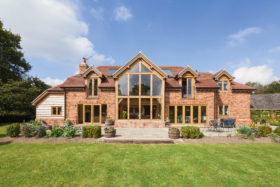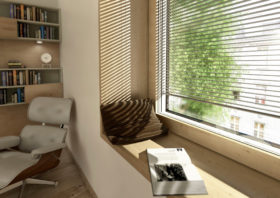

The safety of your family and possessions should be a top priority when designing or upgrading your home. Sadly, when it comes to doors and windows, security is something that’s often overlooked in favour of price.
Compliance with Building Regulations is also an issue glazing suppliers don’t always take seriously enough – so customers can be left in the dark as to whether the products they’ve chosen are up to the task.
In most burglaries, criminals break in through a door or window – either by forcing the lock, kicking it in or breaking the glass.
To combat this, in October 2015 the government introduced Part Q of the Building Regulations in England.
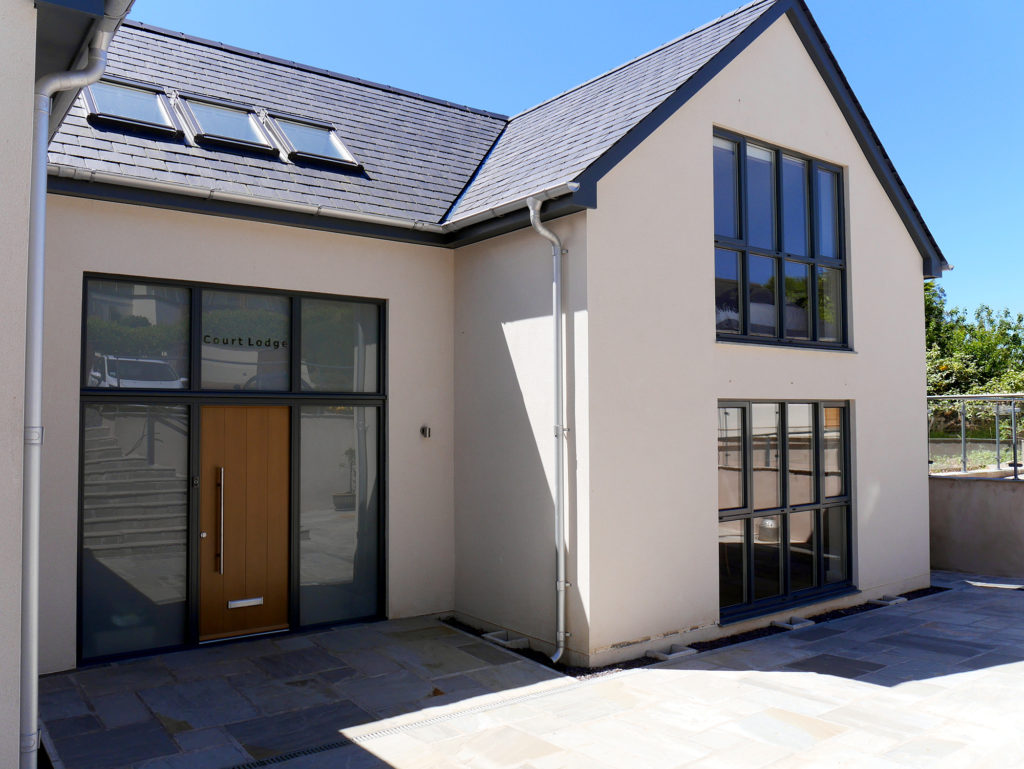
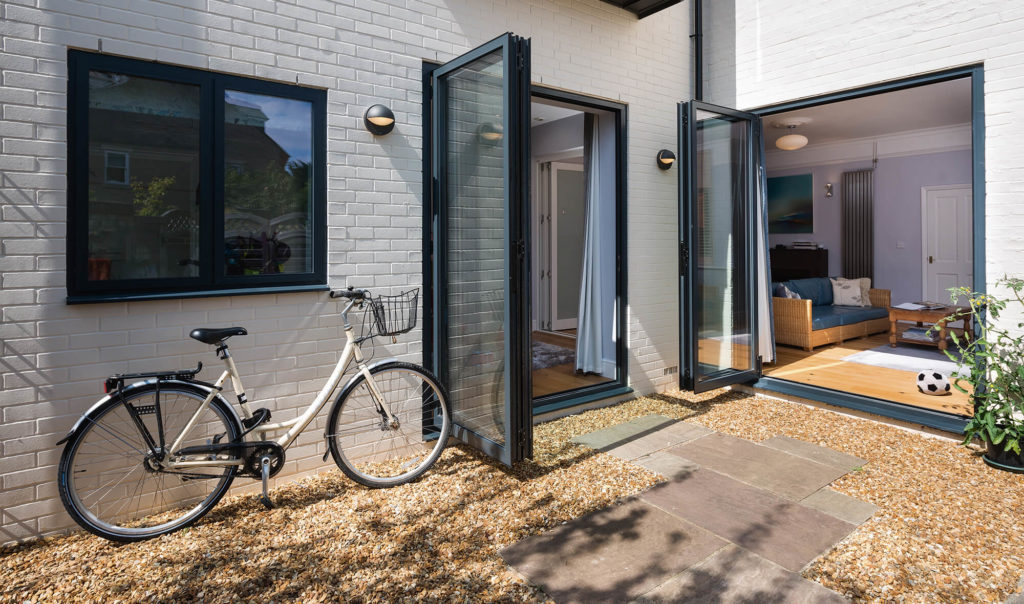
This currently applies to new dwellings and conversions (structures undergoing a material change of use). However, it is expected that the regs will be updated in future to include extensions and refurbishments.
Approved Document Q sets out reasonable standards for how easily-accessible fenestration should resist physical attack by an opportunist burglar. To do this it must be sufficiently robust and fitted with suitable hardware. Easily accessible means either:
Here, I’ll set out how you can ensure the products you specify meet the relevant standards – including key certifications – so you’ll have peace of mind that you have a secure and compliant home.
Under Part Q, doorsets should be manufactured to a design that’s been shown – by testing – to meet the security requirements of British Standard PAS 24: 2016 (note PAS 24: 2012 is out of date). Other standards that offer similar or better performance are also acceptable. These include:
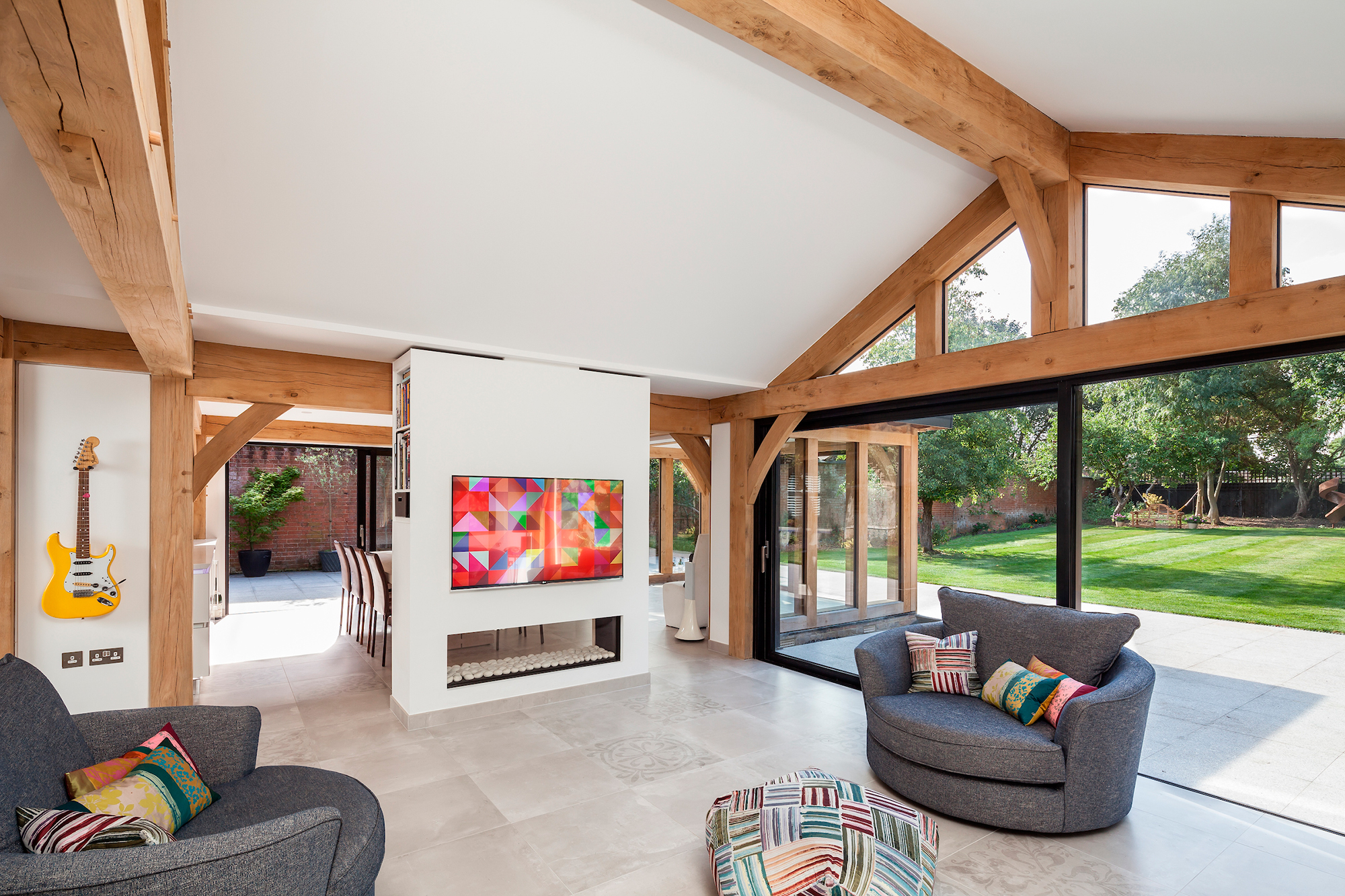
Alternatively, if testing has not occured, then the doors must be manufactured in accordance with a strict and very detailed design code. This includes (but isn’t limited to) the following:
Any glass in a door must comply with a minimum of class P1A in accordance with BS EN 356: 2000. This means there must be at least one laminated pane – so if the glass panes are all toughened, then it hasn’t passed PAS24 and doesn’t meet Part Q of the Building Regulations.
Part Q of the regs also requires that windows should be made to a design that meets PAS 24: 2016. As with doors, other standards offering similar or better performance are acceptable, including:
Anyone responsible for building work (eg a designer, builder or installer) must ensure it complies with all applicable Building Regulations requirements.
In many cases the owner (you) may also be charged with this responsibility. So if work does not meet the standards, you may be served an enforcement notice.
One way of meeting and exceeding Part Q is to go for a product with Secured by Design certification. This covers all the PAS24 testing and more.
The enhanced assessments include tests with regards to life cycles and weather performance, as well as auditing of the supplier’s production facilities and offices.
| Matt Higgs is co-owner of Kloeber and has over 20 years’ experience in construction and has worked on door and window specification for self-builders, developers and home improvers for eight years. For more guidance and to discuss your project in detail with an advisor, visit the Kloeber website. |
Main image: Kloeber FunkyFront doors
